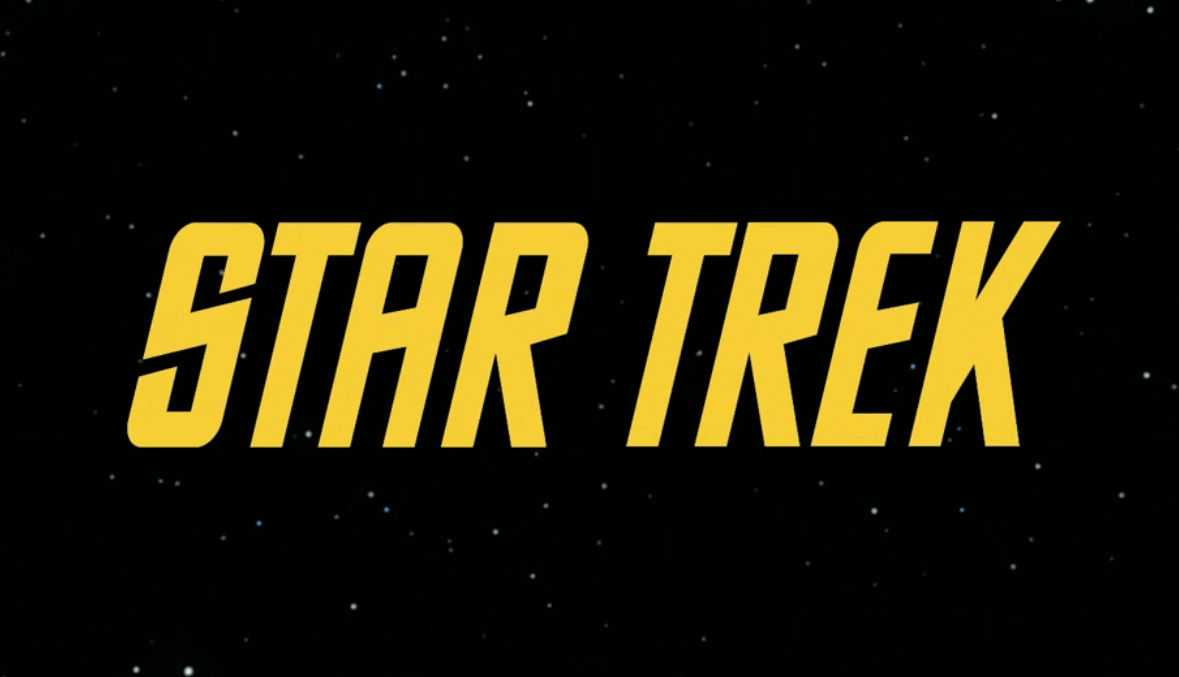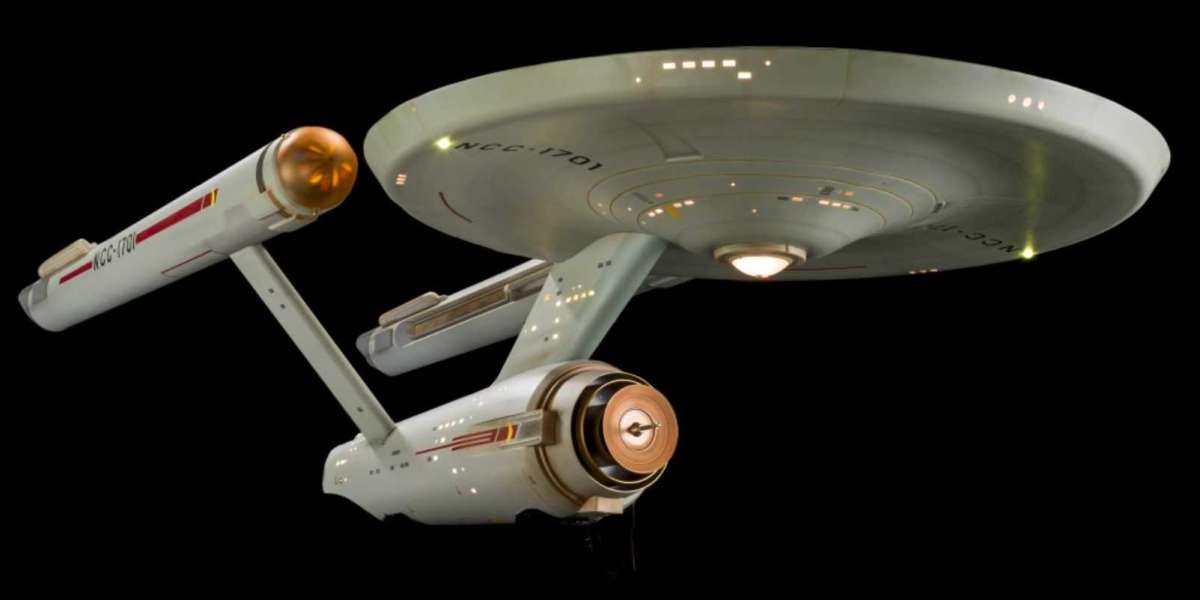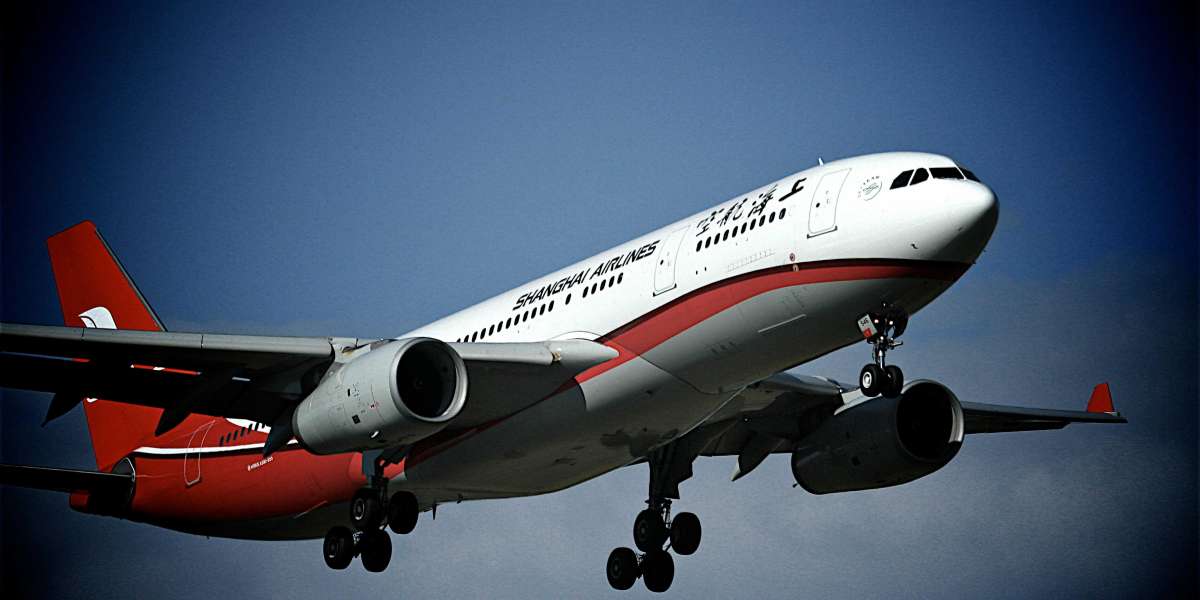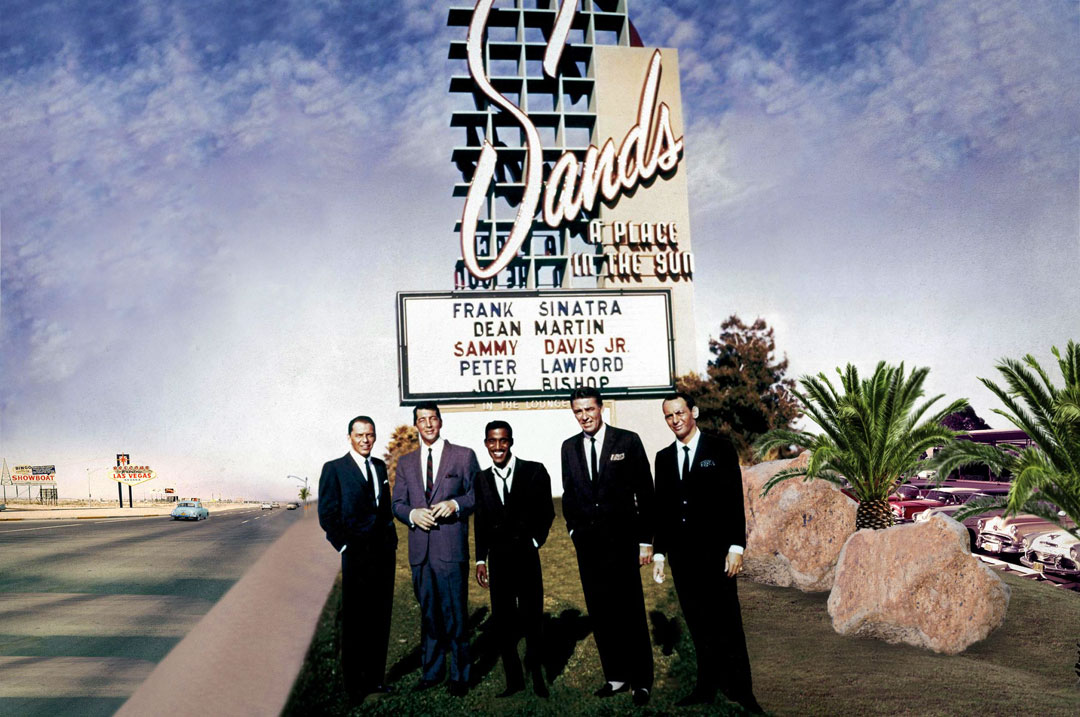When I say I’m of an age with Star Trek, that doesn’t mean I saw the series when it first aired. My first exposure to TOS came from syndication like a lot of you. But I was born not long after the series premier in September, 1966. If you didn’t live through those times, it may be more difficult to put the show in the context of its era, and to understand how much we believed Star Trek was a blueprint for the future that the rest of the world would find irresistible. All the more devastating, then, to see the current state of human affairs. TOS offered a promise of a world that, while still flawed, had overcome poverty and discrimination, choosing to explore the galaxy together rather than wallow in bloody conflict among ourselves.

So as much as I appreciate the intentions of Discovery and Picard, even while being disappointed with the end results, no version of Trek has ever breathed fire the way TOS did. Reigniting some of that fire is my goal here.
There will certainly be some nit-picking, but my main focus will be examining TOS in the context of both its time and ours, and to consider how the episodes demonstrate, or contradict, what I consider to be Star Trek’s main themes. The show may have been set in the 23rd century, but thematically it was very much a product of the years in which it was born. It’s also glaringly relevant to our own early 21st century.
I. Exploration
This is the most important Trek theme, spelled out in the show’s mission statement: To seek out new life and new civilizations. True exploration is an inherently dangerous undertaking and that fact provides much of Star Trek’s conflict. In one episode Kirk reminds his crew, “Risk is our business.” The Enterprise crew has agreed to risk their lives to blaze a trail that might benefit the overall Federation. (This theme is also explored in the outstanding 2013 movie Europa Report.) Like a good social democracy, Starfleet intends its exploration to be beneficial not only in material ways – via access to rare resources and shared security with allies – but in the more intimate sharing of knowledge, art, and, let’s go ahead and say it, a more intriguing dating pool. The United States and Russia were in full exploration mode in the 1960s and there was no reason at the time to believe this wouldn’t continue. Both governments were planning manned lunar missions, and unmanned probes had flown past Mars and Venus by the time Star Trek premiered. Jacques Cousteau led efforts to develop underwater habitats throughout the 1960s, and his TV series The Undersea World of Jacques Cousteau first aired on ABC in 1966. Marlin Perkins’ Wild Kingdom debuted in 1963 and won its first Emmy in 1966. In 1963 Jim Whittaker became the first American to scale Mt. Everest.
II. Prime directive / Noninterference:
All things being equal, it’s often best to let sleeping dogs lie. The specifics of Starfleet’s Prime Directive are not carefully spelled out in TOS, but the purpose is clear: even with the best of intentions, we sometimes cause more harm by meddling than if we just minded our own business. Consider what a disaster the Bay of Pigs was in 1962. By the time TOS aired, the Vietnam War was already an American-led fiasco. By June, 1965, 35,000 American boys were being drafted every month. During the war’s first large-scale battle in November of that year, 300 Americans were killed in the Battle of la Drang Valley. By 1966, the U.S. had over 400,000 troops on the ground and air raids on northern cities of Hanoi and Haiphong began in June. While most Americans at the time weren’t thinking about the impact on the Vietnamese we were supposedly defending (civilian South Vietnamese casualties during the war are estimated at anywhere from 195,000 to 430,000), even long-time hawks were questioning both the human and financial cost of the war. This came on the heels of the Korean War (1950 – 1953) that caused the deaths of over 170,000 Americans and South Koreans. At the same time, elements of the counter-culture wanted, as much as anything, to be left alone to live life on their own terms. It’s easy to understand how noninterference came to seem not only appealing, but the valid basis for a guiding philosophy.
III. Sacrifice:
This was spelled out eloquently in Star Trek II: The Wrath of Khan (1982): “The needs of the many outweigh the needs of the few, or the one.” It was expressed in a grander context, if a bit more awkwardly, by the Federation president in Star Trek VI: The Undiscovered Country (1991): “Let us redefine progress to mean that just because we can do a thing, it does not necessarily follow that we must do that thing.” There are interests greater than the individual self and sometimes the world is best served by taking one for the team. Sacrifice ties in with Theme I (the risk of exploring the unknown in pursuit of knowledge = sacrifice for the betterment of humanity), but it also derives from friendship and camaraderie: a benchmark for how much the Enterprise crew cares for each other is how often they are willing to give their lives for their fellow crew members. Sacrifice is also the basis of volunteer military service and is the intent of limited-term political service – effort for the common good and posterity, rather than financial or other gain. Lest some forget, it is also the entire foundation of Christianity (“For God so loved the world that he gave his one and only son…”), and a character trait that most nonprofit organizations depend on.
IV. Life first:
This theme both expands on and challenges Theme I. The Federation is not a group of collectors or conquerors. While it’s not always perfectly implemented in TOS, Starfleet’s intent is to learn, negotiate, and share; brute force should be a last resort. A live ally is better than a dead enemy. Unlike simplistic pro-life political propaganda, quality of life also matters. The Federation is not driven by money; individuals now have much greater freedom to choose their own path. We also see this in the Vulcan philosophy of IDIC (Infinite Diversity in Infinite Combinations): We may not all look or act the same, but diversity is not only acceptable, it’s essential to a sustainable society.












